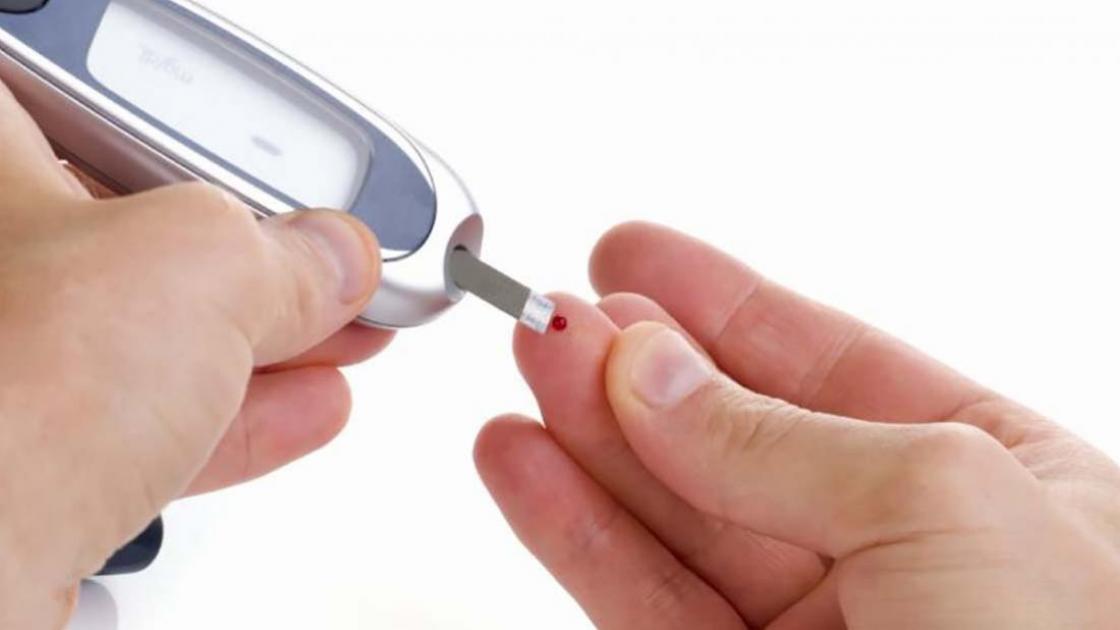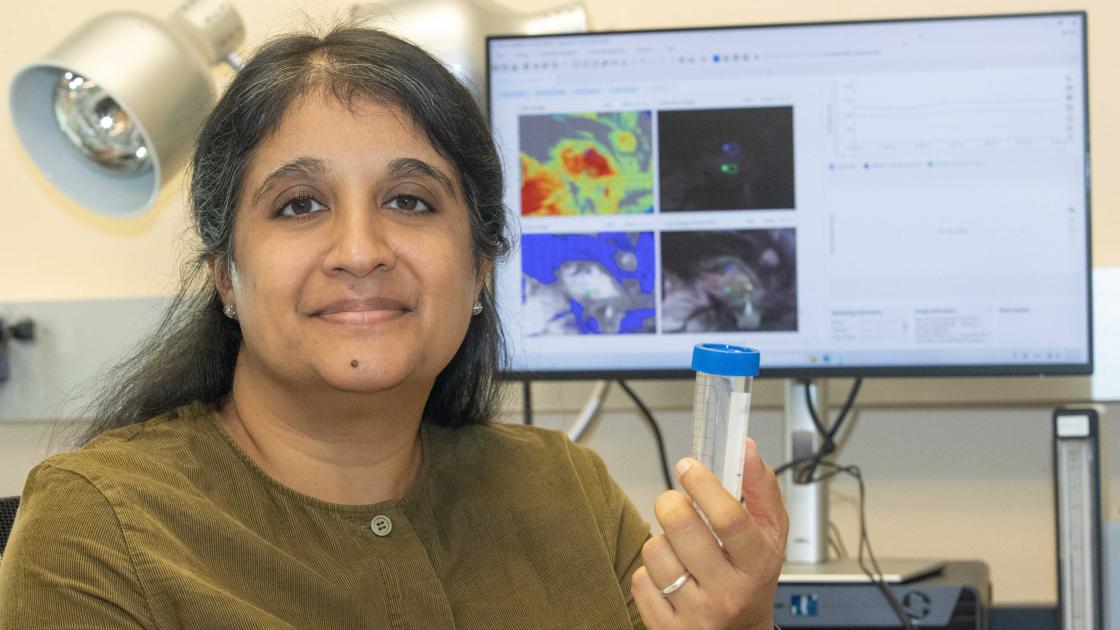
Clinical Studies to Test New Diabetic Treatment
Do you know someone with diabetes? More than 29 million people in the U.S. have the disease, and 1.4 million new cases are diagnosed each year. More than 8 million Americans are diabetic but don’t know it.
If a person’s blood glucose, or sugar level, is too high and goes unchecked, diabetes can cause harm to other organs. Many people with type 2 diabetes have reduced kidney function, called diabetic kidney disease (DKD), but are unaware of it. Comedian Tracy Morgan was diagnosed with it and received a kidney transplant in 2010
Researchers at Southern Illinois University Medicine are conducting a pair of clinical trials in Springfield to test the effectiveness of adding a new medication to treat patients with type 2 diabetes. The FIDELIO-DKD and FIGARO-DKD studies will include a new drug called finerenone to see if it will slow the progression of kidney disease in patients with DKD. The team will also investigate whether the addition of finerenone to regular treatment can help reduce more serious complications like heart disease or stroke.
Patients may be eligible to participate in the studies if they:
- have been diagnosed with type 2 diabetes mellitus
- have reduced kidney function
- are receiving treatment for high blood pressure
- are at least 18 years old
The studies will include free medical exams and assessments about every four months. A research team will always be available to answer questions. The studies also offer stipends to cover travel-related expenses.
Diabetes is the leading cause of kidney failure in the United States. Approximately 50,000 Americans start treatment for kidney failure due to diabetes each year, accounting for nearly half of all new cases of kidney failure. Over 200,000 patients with DKD are living on chronic dialysis or with a kidney transplant. According to Michael Jakoby, MD, MA, associate professor and chief of the SIU Division of Endocrinology, “DKD significantly increases the risk of heart attack or stroke, and patients with DKD are four-fold more likely to die from cardiovascular disease than unaffected individuals.”
SIU research teams take part in ongoing, national clinical testing of drugs to treat diabetes and other illnesses to improve individuals’ ability to function or improve their quality of life. “The impact of diabetes is staggering,” said John Flack, MD, MPH, professor and chair of SIU’s Department of Internal Medicine. “One in every 5 health care dollars is spent caring for people with diabetes. Dealing with its complications can seem overwhelming to some,” he said. “Being part of a clinical research trial gives patients an opportunity to keep on top of the illness and can improve doctors’ understanding and treatment of diabetes.”
To learn more about participating in the studies, contact Laura Glossop at lglossup@siumed.edu or 217-545-7616.
Schedule an interview or request more information by contacting SIU Medicine's Office of Public Relations and Communications:
Karen Carlson
kcarlson@siumed.edu
217.545.3854
ssandstrom@siumed.edu



